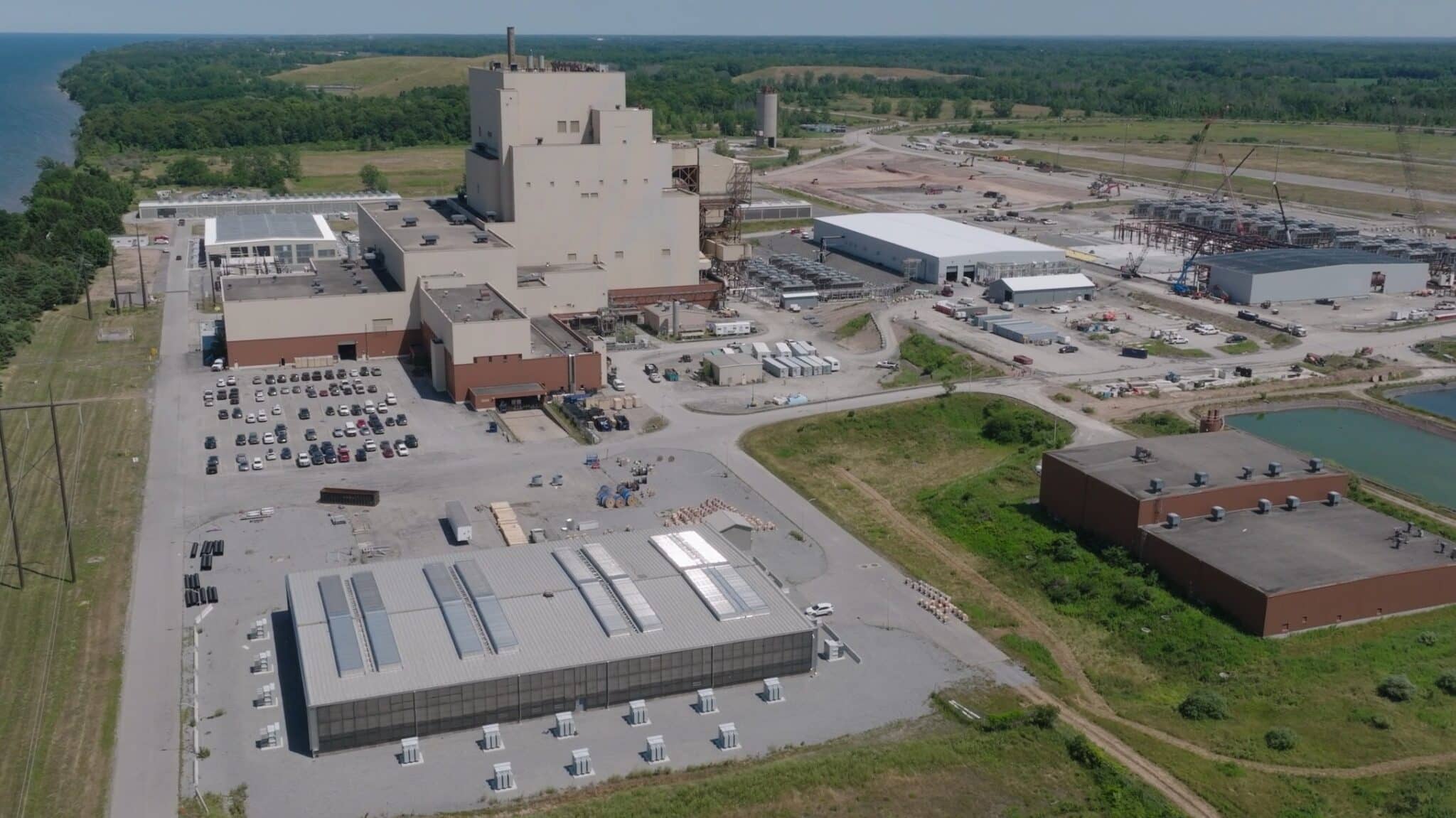TeraWulf Plans $500M Convertible Notes Following AI Expansion with Fluidstack

TeraWulf is planning to raise $500 million through a private offering of convertible senior notes due 2032, marking its latest capital move amid the rapid expansion of its data center portfolio.
The bitcoin miner-turned digital infrastructure operator said on Wednesday the notes will be offered to qualified institutional buyers under Rule 144A of the Securities Act, with an option for initial purchasers to buy an additional $75 million within 13 days of issuance.
Terawulf said it intends to use the proceeds to help fund construction of its planned data center campus in Abernathy, Texas, and for general corporate purposes.
The proposed convertible notes will be senior unsecured obligations that do not bear regular interest or accrue principal, maturing on May 1, 2032. They may be converted into cash, TeraWulf common stock, or a combination of both, depending on the company’s election.
The new fundraising effort comes just one day after TeraWulf announced an expansion of its high-performance computing (HPC) partnership with Fluidstack, an AI cloud infrastructure provider backed by Google. Terawulf and Fluidstack will form a joint venture to develop HPC colocation facility in Abernathy to serve AI and critical IT workloads.
That deal builds on a series of HPC hosting agreements totaling $3.7 billion in contracted revenue and follows the company’s recent $3.2 billion offering of 7.75% secured senior notes to fund its large-scale data-center developments.
The latest convertible notes proposal also adds to TeraWulf’s $850 million convertible notes sale in August, when strong institutional demand prompted the company to upsize the offering from $400 million. Those 1.00% Convertible Senior Notes due 2031 carried a 32.5% conversion premium.
Together, the back-to-back financing initiatives underscore TeraWulf’s capital-intensive pivot from pure Bitcoin mining to vertically integrated compute infrastructure—a shift that depends on steady access to debt and institutional funding as competition intensifies in the AI-data-center sector.



